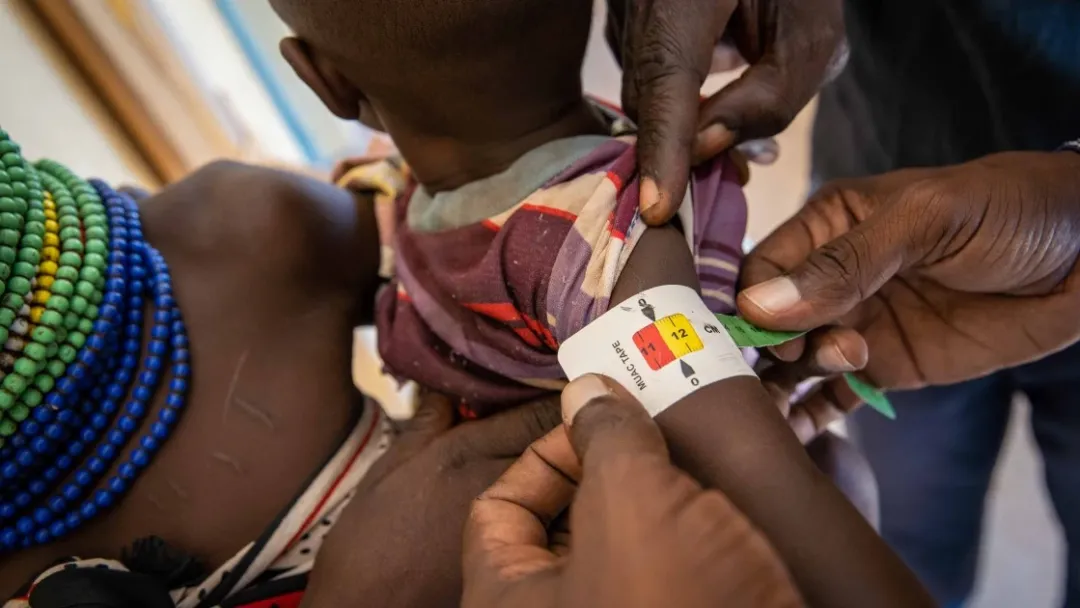Kenya Rolls Out Early Warning System to Fight Child Malnutrition
Kenya has introduced a pioneering early-warning system that helps predict and prevent child malnutrition, marking a milestone in the country’s public health strategy.
The system tracks and combines health data, crop yields, and household food availability to alert officials months before a nutrition crisis emerges.
This initiative, piloted in counties such as Turkana and Baringo, has already shown success in enabling local health departments to respond more quickly with food support and outreach programs.
By identifying early signs of food insecurity, the system allows for better planning and life-saving intervention before malnutrition worsens.
Health officials say the tool has become a critical part of Kenya’s broader maternal and child health policy.
It empowers local clinics to make data-informed decisions about food distribution, nutrition education, and emergency care.
These proactive steps have already led to noticeable reductions in child hospital admissions for severe undernutrition.
Community leaders have praised the program, noting how it allows for targeted support instead of blanket interventions.
“For the first time, we can plan, not panic,” said a local chief in West Pokot.
The Ministry of Health now plans to roll the tool out to more counties in the coming months.
Ultimately, Kenya hopes the success of this model will inspire other African countries to invest in practical, locally adapted solutions to child health challenges.
With strong political will and community engagement, the country is showing that innovation can help save lives and ensure a healthier future for the next generation.
news via inbox
Get the latest updates delivered straight to your inbox. Subscribe now!




